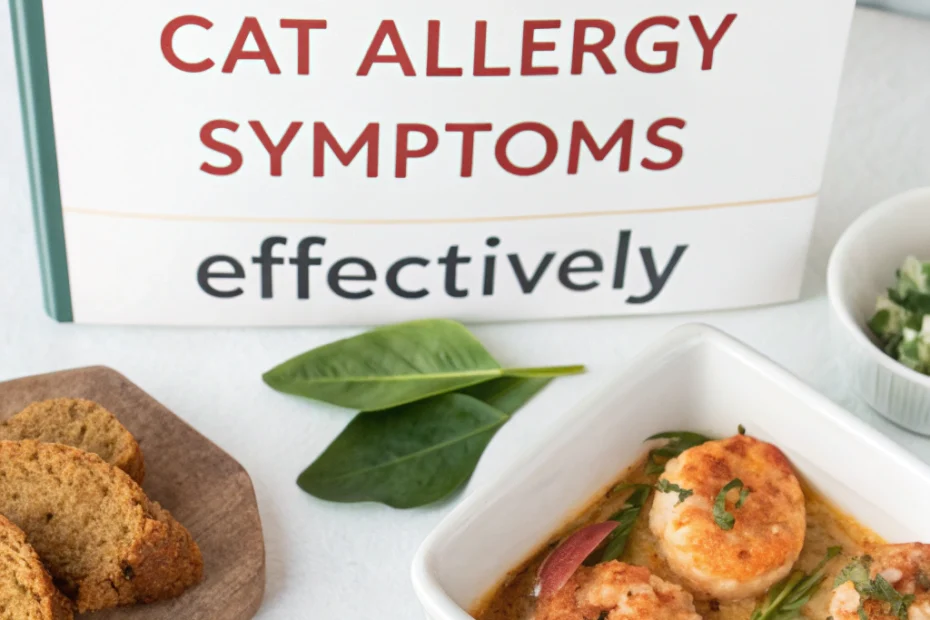At-a-Glance
Cats, like humans, can suffer from allergies. Recognizing the symptoms early is crucial for maintaining your feline friend’s health and comfort. This guide will help you identify common cat allergy symptoms and provide tips on how to manage them effectively.
- Common symptoms include sneezing, itching, and skin irritation.
- Allergies can be triggered by food, environmental factors, or fleas.
- Management often involves dietary changes and environmental adjustments.
How to Choose
When it comes to managing cat allergies, selecting the right approach is essential. You need to consider the specific symptoms your cat is experiencing and consult your veterinarian for tailored advice.
Choosing the right food can make a significant difference. Look for hypoallergenic cat food that eliminates common allergens such as grains or certain proteins. Environmental allergies may require air purifiers or hypoallergenic bedding to reduce allergen exposure.
Safety & Setup
Ensuring your cat’s environment is safe and supportive is key to managing allergies. Begin by identifying potential allergens in your home. This could include dust, pollen, or certain household cleaners.
Set up a clean, allergen-free zone where your cat can retreat. Regular cleaning and vacuuming can help minimize dust and dander. Also, consider using air purifiers to improve indoor air quality.
Core Pillars
Effective allergy management for cats involves three core pillars: identification, prevention, and treatment.
- Identification: Understand the specific allergens affecting your cat. This may require veterinary testing.
- Prevention: Implement strategies to reduce exposure to identified allergens, such as changing their diet or modifying their environment.
- Treatment: Work with your veterinarian to develop a treatment plan that may include medication or supplements to alleviate symptoms.
Placement & Environment Tips
The placement of your cat’s living spaces can significantly impact their exposure to allergens. Ensure their bed, litter box, and feeding areas are located in low-traffic areas away from windows or vents where allergens can accumulate.
Regular grooming is also vital. Brushing your cat can reduce shedding and dander, while bathing them occasionally with hypoallergenic shampoo can soothe skin irritations.
Comparison with Alternatives
There are various alternatives to traditional allergy management for cats. For instance, some pet owners opt for natural remedies like omega-3 supplements, which can support skin health and reduce inflammation.
Comparatively, prescription medications may provide faster relief but can come with side effects. Herbal treatments and dietary supplements offer a gentler approach but may take longer to see results.
FAQs
Q: Can cats develop allergies later in life?
A: Yes, cats can develop allergies at any age. It’s essential to monitor changes in behavior or health and consult with a veterinarian if new symptoms arise.
Q: How can I tell if my cat has a food allergy?
A: Signs of food allergies in cats include vomiting, diarrhea, and skin problems. An elimination diet can help identify the offending ingredient.
What to Do Next
If you suspect your cat has allergies, the next step is to consult your veterinarian. They can provide a comprehensive diagnosis and recommend an appropriate management plan tailored to your cat’s specific needs.
Explore hypoallergenic products and consider making environmental adjustments to reduce allergens at home. Regular check-ups with your vet will ensure your cat remains healthy and comfortable.
Disclaimer: Always consult your veterinarian for personalized advice regarding your cat’s health.
